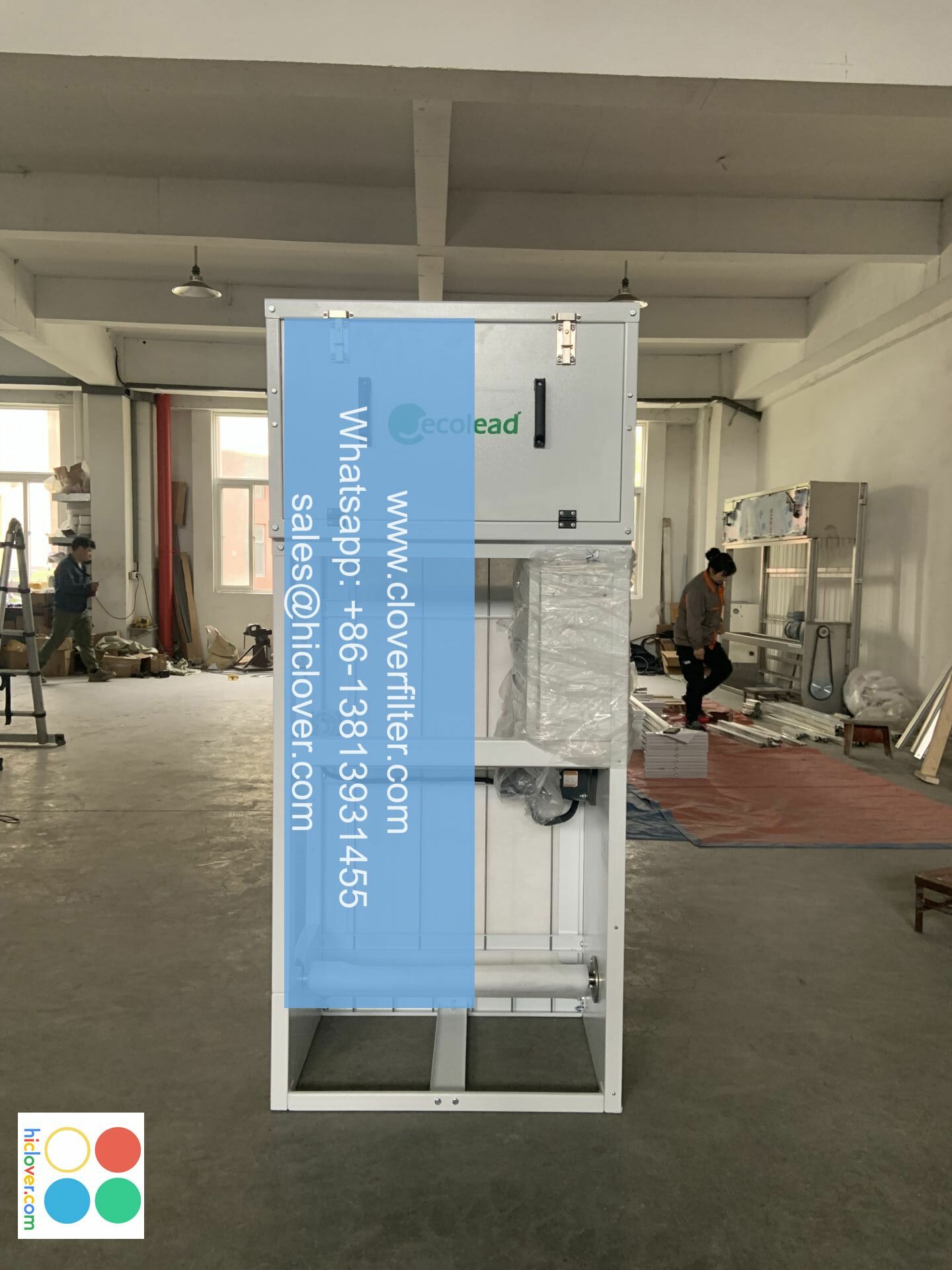How to Choose the Best Energy-Efficient Air Filter for Your Living Space

How to Choose the Best Energy-Efficient Air Filter for Your Living Space
As we continue to strive for a more sustainable and eco-friendly lifestyle, choosing the right air filter for your living space is crucial. Not only do air filters improve indoor air quality, but they also play a significant role in reducing energy consumption and greenhouse gas emissions. In this article, we will explore the importance of energy-efficient air filters and provide guidance on how to choose the best one for your living space.
Energy-efficient air filters are designed to reduce energy consumption while maintaining optimal indoor air quality. They are typically made from materials that have a lower pressure drop, which means they require less energy to operate. This not only saves you money on your utility bills but also reduces your carbon footprint.
There are several types of energy-efficient air filters available, each with its own unique features and benefits. Some of the most popular options include:
- HEPA (High Efficiency Particulate Air) filters: These filters are designed to capture 99.97% of particles as small as 0.3 microns, making them ideal for homes with allergy sufferers or pets.
- Activated Carbon filters: These filters are designed to remove odors, gases, and chemicals from the air, making them ideal for homes with pets or smokers.
- Electrostatic filters: These filters use electrostatic charges to attract and capture particles, making them ideal for homes with pets or allergies.
- Fiberglass filters: These filters are designed to capture larger particles, such as dust and pollen, making them ideal for homes with pets or outdoor enthusiasts.
- Filter efficiency: Look for filters with a high MERV rating (Minimum Efficiency Reporting Value), which measures a filter’s ability to capture particles.
- Filter size: Make sure to choose a filter that is the correct size for your HVAC system.
- Filter material: Consider the type of material used in the filter, such as fiberglass, cotton, or synthetic fibers.
- Filter replacement: Consider the frequency of filter replacement and the cost of replacement filters.
- Commercial buildings: Energy-efficient air filters can help reduce energy consumption and improve indoor air quality in commercial buildings.
- Industrial settings: Energy-efficient air filters can help reduce energy consumption and improve indoor air quality in industrial settings.
- Healthcare facilities: Energy-efficient air filters can help reduce the spread of germs and improve indoor air quality in healthcare facilities.
- Energy Star: A program run by the U.S. Environmental Protection Agency that helps consumers identify energy-efficient products.
- ASHRAE: A global organization that sets standards for indoor air quality and energy efficiency.
- HVAC systems: A guide to choosing the right HVAC system for your home or business.
- Energy-efficient air filters
- Indoor air quality
- HVAC systems
- Sustainability
- Environmental protection
- Green living
- Eco-friendly
- MERV rating
- Filter efficiency
- Filter size
- Filter material
- Filter replacement
When choosing an energy-efficient air filter, there are several key features to consider:
Energy-efficient air filters are not just limited to residential applications. They can also be used in:
Choosing the best energy-efficient air filter for your living space requires careful consideration of several key factors. By considering the type of filter, filter efficiency, filter size, filter material, and filter replacement, you can find the perfect filter for your needs. Additionally, energy-efficient air filters can be used in a variety of application areas, from residential to commercial and industrial settings. By choosing the right air filter, you can improve indoor air quality, reduce energy consumption, and contribute to a more sustainable future.
It seems like you’re ready to start a conversation! I’m here to help with any question or topic you’d like to discuss. What’s on your mind? Do you have a specific question, or would you like me to suggest some conversation ideas?


